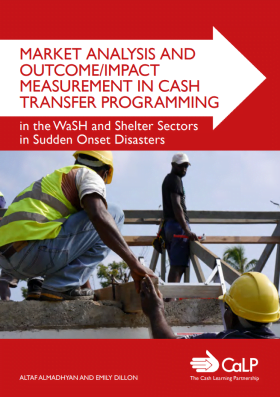Economic Impact Study: Direct and Indirect Effects of the WFP Value-Based Food Voucher Programme in Lebanon
This study examines the direct and indirect impacts of WFP’s e-card programme on the Lebanese economy. It is part of a broader United Nations initiative to assess the economic impacts of humanitarian assistance in Lebanon. The e-card programme is an important element of the international humanitarian response for Syrian refugees. It is expected to transfer US$345 million to over one million vulnerable refugees in 2014, using a network of 300 contracted stores throughout Lebanon.
Specifically, this study provides: i) an assessment of programme performance; ii) an estimate of direct economic effects; and iii) an estimate of indirect economic effects. The findings of the study are based on quantitative and qualitative data analysis. The study was informed by interviews with government counterparts, United Nations agencies, donors, NGOs and academia. Data collected from participating retailers and the e-card transactions database was used to estimate direct economic impacts. The indirect economic impacts were assessed using an input-output model.



